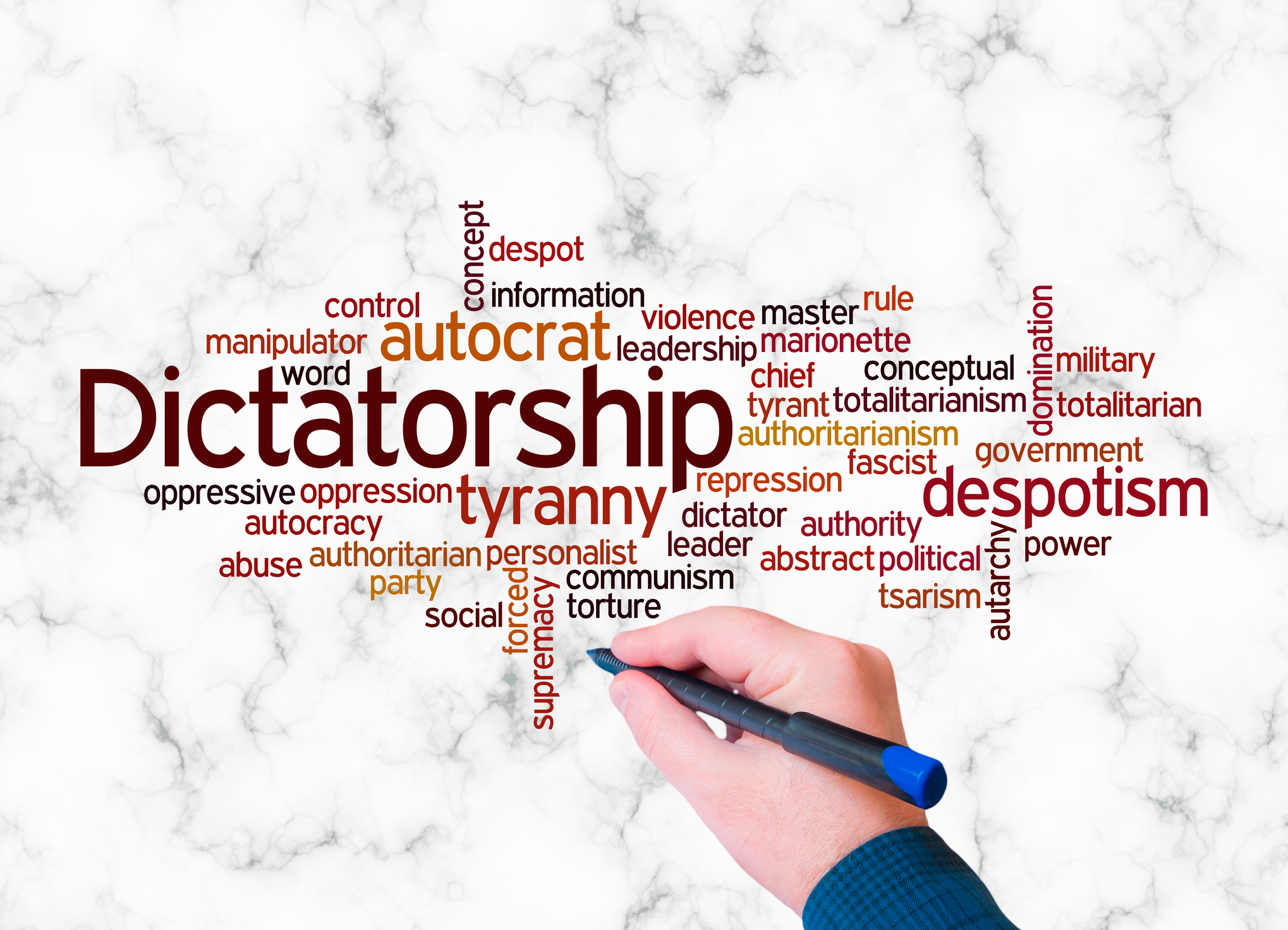A Key Aspect of the New Historical Era: Multi-Polar Authoritarianism
Rather than a world of multi-polarity or great national power competition, a key aspect of the new historical epoch we have entered is multi-polar authoritarianism. Authoritarianism is clearly globally ascendent, but these regimes or groups do not share a common ideology or action program.
They are not in alliance, although they cooperate when convenient for their particular interests. They support splintered globalization which is when global rules exist to some extent to handle globally important exchanges but the authoritarians are not contributing political capital to maintaining the “rules-based order.”
Many of these authoritarian states or groups have roots deeply inside Western democracies and through various means operate within Western societies, rather than simply being an extermal threat.
These means are diverse: cyber, economic investments, economic partners who advocate their economic interest, or in the case of a number of Middle Eastern states, the impact of a migration which has not been characterized by new arrivals in the West shedding their cultural or political identities from where they came.
At the same time, the liberal democracies or the West as it used to be called, is in the throes of significant self-questioning, internal debates, rejection of capitalism as practiced the last 50 years, and the emergence of disaggregated societies in each of the Western states.
These states work together on common issues, but cooperation is challenged by internal national or regional debates (in the case of Europe.)
This new era is a major challenge to the United States and its governing elites. It no longer commands a Western shaped global order. There is no great crusade as Eisenhower wrote about.
It is about national interests and winnowing commitments to the availability of resources, whether military or financial. The governing elite has not practiced or thought in terms of such discipline and the tap between the evolution of the new era and American leadership is clearly out of phase.
The war in Ukraine is not about democracy: it is about a NATO war with Russia to constrain Russian ambitions. What is the end game and how can America define and protect its interests?
We are not in with Ukraine to the end because Ukrainian and American interests are not the same. I remember the same team in Washington now promised the same to the Afghans. How did that turn out?
The war in the Middle East is one which the United States needs to be careful not to get sucked into a negative relationship with the Arab world and avoid being the paymaster for the rebuilding of Gaza by an Israeli run process.
And neither of these actions has much to do one another.
It is a case-by-case world in which national interests need to be carefully defined and resources calibrated to those interests.
The size and weight of the American debt and the limitations on American military power are real.
We need a re-calibration of polices for the new historical era in line with our interests and a realistic understanding of our resources and capabilities, and their strengths and limits.
Featured Graphic: Credit: Dreamstime

